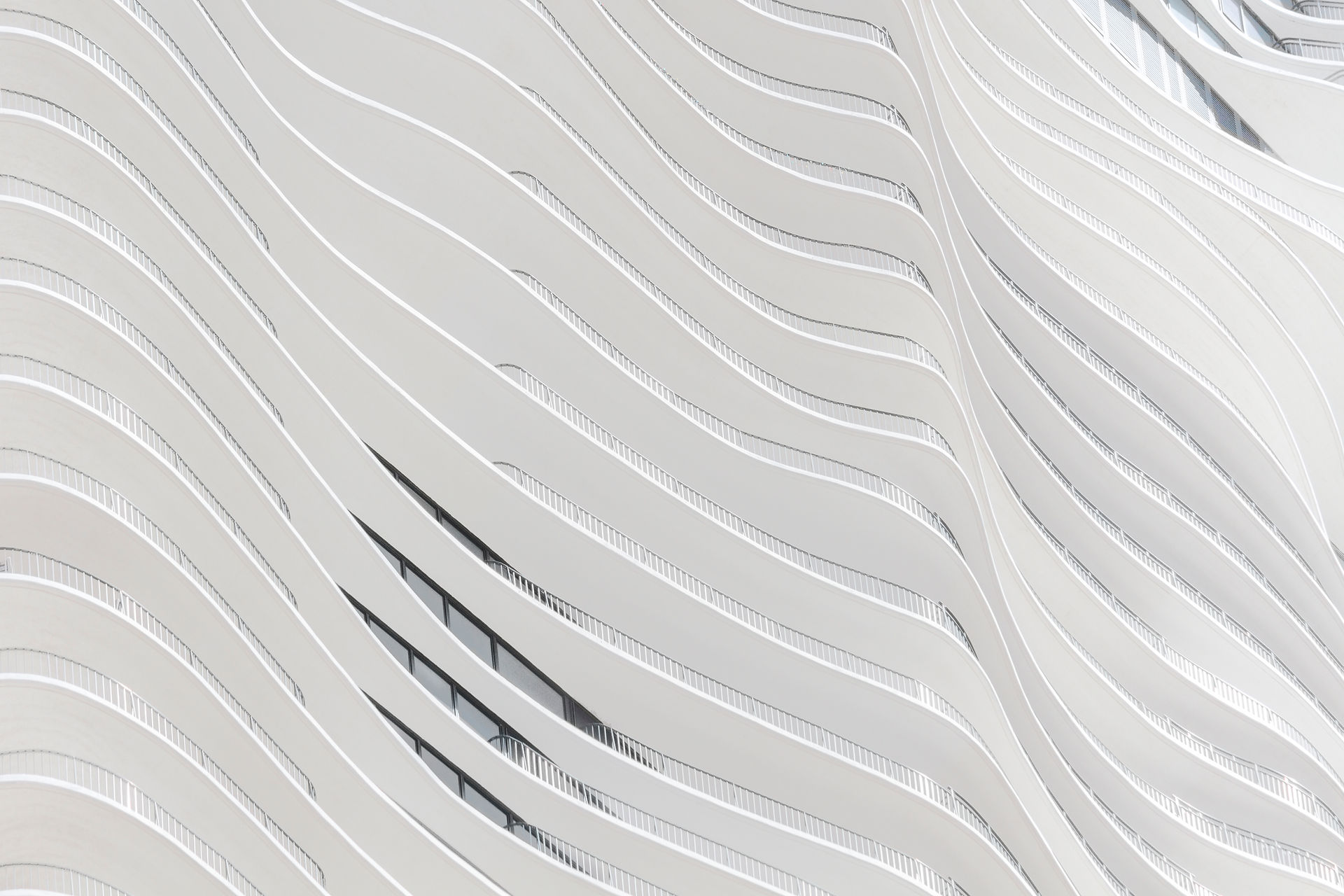By: Maleeha Summers
My name is Maleeha Summers, I am 22 years old and a first year graduate student. I graduated college with a degree in Psychology and a minor in Religious Studies. That’s usually the typical introduction one may provide to make themselves known, and although I could go on about the most basic information about myself, it will not bring an inner depth of understanding about who I am, or my mold as a human being. Frankly, I do not completely know who I am, but I hope that this brief entry including some snippets of my life can bring forth people with similar commonalities, and if not, perhaps leave others with a sense of understanding about what it means to be, and feel different.
Growing up, my household life was immersed in Pakistani/South Asian culture. Although I was raised in the Western world, more specifically North Carolina, pieces of Pakistani culture shaped my upbringing. My mom was my foundation and source of inspiration. We would watch Indian and Pakistani dramas together, dress up, and I would help her create a few of her best signature dishes. My mom frequently spoke to me in Urdu in order to reinforce my learning. Home was my safe haven, (in terms of cultural and religious expression), a place where I knew I could avoid judgement, and harbor a source of pride and dignity for who I was. My grandparents on my dad’s side also lived with us, and that deepened my exposure to those roots by listening to their stories and experiences. In addition to my mom, they provided me with the necessary framework to read the Quran, and how to read and perform namaz, otherwise known as salat or prayer (prayer is outlined as one of the five pillars of Islam). Everyday after school I would read Urdu with my grandfather. At the end of every lesson, I would hand him his walking stick and he would kindly but reluctantly accept it. My grandfather was a proud man, one with many stories, including some that I don't even know. I still have each Urdu book we’ve read together throughout the years as a memento of our time spent together.
There was a different narrative when attending school, however. I enjoyed many aspects of it and oddly enough felt welcomed at a young age, but as the years progressed, there was an attitude shift that I could not understand. I remember being called a Jew in the third grade because I did not believe in Jesus (Islam believes in Jesus Christ as he is one of the most revered prophets). I was ridiculed for my appearance, the hair on my body, and for the way I smelled. After the death of Osama Bin Laden, students found humor in making jokes that he was my father. In my freshman year of high school, my world history teacher briefly went over the section on Islam, and looked me in the eye as he addressed the class by saying that Muslims are best at killing one another. A Spanish teacher asked if I partake in Ramadan in hopes of obtaining a “bikini body”. These incidents are merely a few minor ones to name, and there are those that have occurred outside of the academic setting.
Nevertheless, they all represent the perceptions that people (even individuals as young as children) hold towards Muslims, including American Muslims. It is interesting to know the tremendous story of how my family has made their name in this country. When my grandfather courageously decided to take his family to the UK, they made their journey largely on foot. My father served in the United States military. Despite all of that, how could I prove that I was, and am American enough? What parts of my personality and character traits should I keep hidden, and which should I proudly share?
I have been on what I would consider a journey towards becoming myself. If I say that I am finding myself then that would imply that I am in search of something. I refuse to subscribe to the mindset that I am not enough, that I have to constantly prove myself on both sides of the spectrum. I can let two worlds live in one and exchange dialogue with those around me who are willing to listen. Instead of worrying about whether I am Pakistani enough, Muslim enough, or American enough, I can simply be, and that is what I will continue to do.



Comments